Edda Köchl
Nacimiento : 1942-02-28, Vienna, Austria
Muerte : 2015-09-12
Historia
Edda Köchl-König was an Austrian stage and screen actress and an illustrator. She was married to Wim Wenders 1968-74.
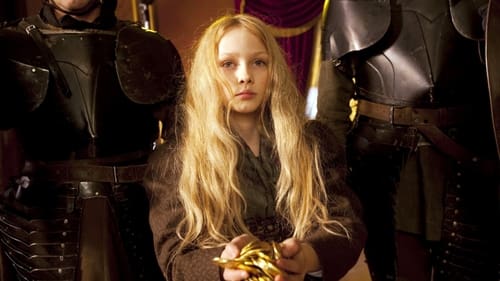
Wäscherin
Mina, a poor girl with a big heart sees stars falling from the sky and turning into Gold Talers before they land. With that money the girl can ask the king to let her parents go home.
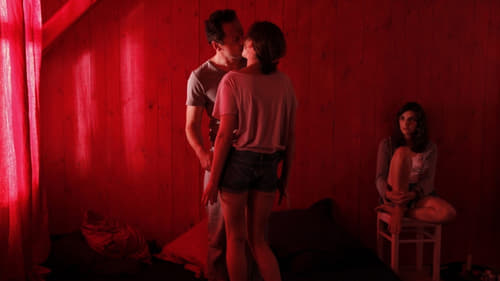
Antiquitätenhändlerin
A man and two women are trying their luck in the red room in the countryside. The older (but therefore not wiser) Fred, freshly divorced as a kisser who still desires his ex, meets the self-confident Lucy, who feels called to explore the soul of men in her novels. She lives with her intimate friend Sibil in a Vorpommern house in the countryside. Fred decides to move from Berlin to the two women and try a ménage-à-trois. They get to know each other and themselves.
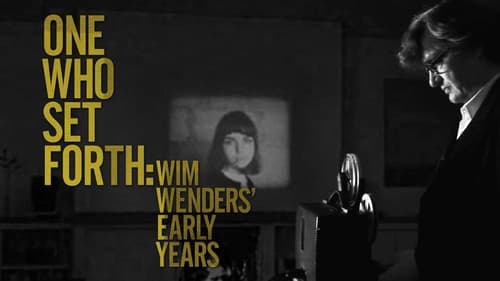
Self
The early films of Wim Wenders are now regarded as landmarks of European film. Alice in the Cities, Wrong Move and Kings of the Road became foundations of the German New Wave and cemented the reputation of their director. In One Who Set Forth: Wim Wenders' Early Years Marcel Wehn explores the background to these films. Through personal recollection and rare home movie footage, it documents the director's early life, from experiments with his first camera, via his deviation from a career in medicine in favour of art and film, through to international recognition for the Road Trilogy. Central to these were themes that became cornerstones of all his work: national identity, the importance of personal relationships and the allure of the road. With contributions from the director and the many collaborators who helped define his vision, One Who Set Forth is a compelling account of Wim Wenders' life and work.

Speaker
Film scholar Helmut Färber discusses Griffith' A CORNER IN WHEAT.

This film with a marked ethnographic nature, which was filmed without a pre-established plan and with a script that crosses the lines of documentary and fiction, tells the story of a group of five Germans who arrive on a remote island in the South Pacific called Parapara and belonging to Vanuatu. Their aim is to prepare a publication on the lives of the inhabitants of this remote island. The tasks were personally assigned: one would study the language, another would study the fauna; another the traditions, institutions and family systems; another the plants and another the songs and stories. However, the blind trust in the western scientific objective clashes head-on with the values and customs of the natives. Therefore, from the very beginning, the head of the tribe does not cease to ask and express his surprise regarding some foreigners “who have not come to rob his land”.

Mädchen
Peter Handke adaptó su propia novela para este film sobre un portero de fútbol que pierde súbitamente la concentración en medio de un partido y es expulsado del juego. Confundido, vaga por la ciudad sin saber dónde ir y termina realizando acciones sin mucha explicación ni sentido.
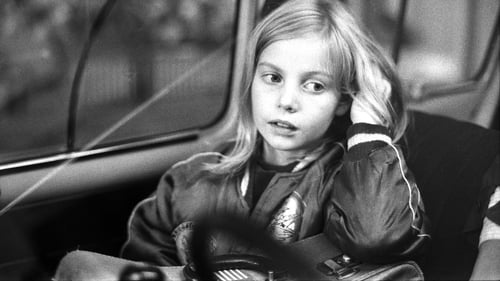
Angela
El periodista alemán Felix Winter recorre los Estados Unidos buscando temas para escribir un libro, pero como ni siquiera consigue empezarlo, su editor cancela el contrato. Cuando Félix decide regresar a Alemania, en el aeropuerto conoce a una mujer, y como no hay vuelos hasta el día siguiente pasa la noche con ella. La mujer desaparece, pero le deja un recado: que vaya con su hija Alicia, de nueve años, a Amsterdam para reunirse con ella.

Speaker
Helmut Färber makes connections between architecture and film

A group of friends tries to start a circus.
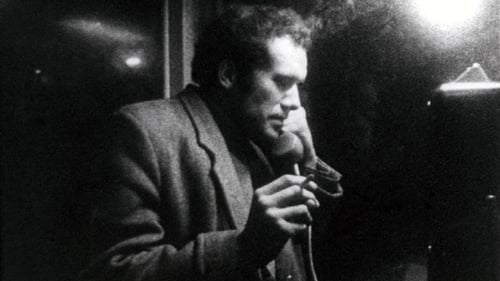
Edda
Released from prison a man wanders through a new reality
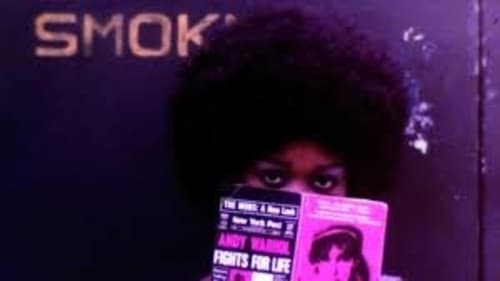
Ingemo Engström’s graduation film DARK SPRING was made at the Hochschule für Fernsehen und Film in Munich, where she began studying in 1967. After the premiere at a festival in Mannheim, Uwe Nettelbeck wrote in "Filmkritik": "Films like DARK SPRING […] do not translate into the language of those who immediately think they know what such films are about […] But more, DARK SPRING is the film of a woman and a women’s film in which women say something, namely: how they see things."






